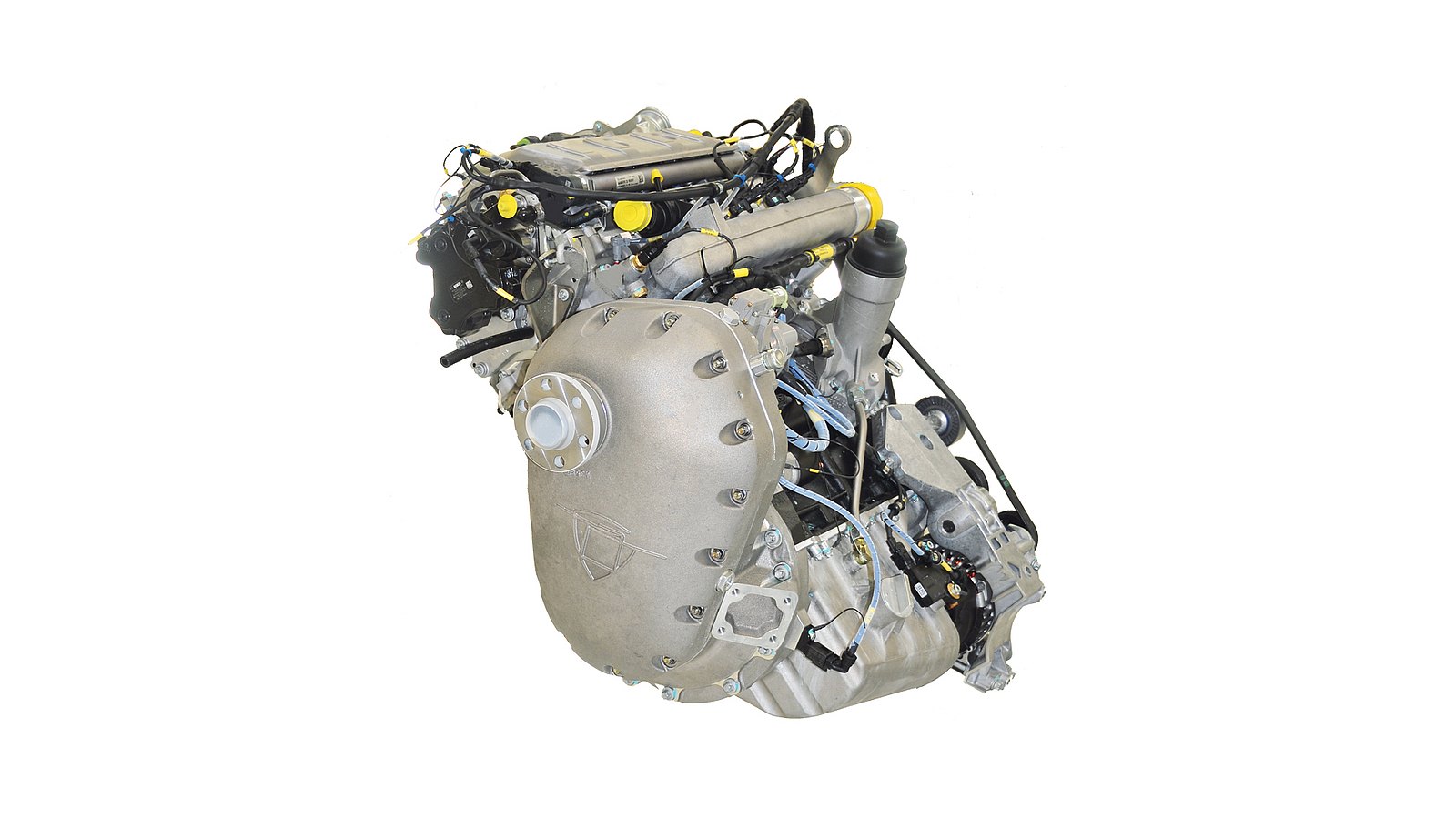Making Certain Long-Term Efficiency with Engines For Africa Products
Making Certain Long-Term Efficiency with Engines For Africa Products
Blog Article
Explore a Variety of Engines for each Automobile and Purpose
The automobile landscape is progressively complicated, with a diverse selection of engine kinds designed to meet certain performance and performance needs throughout various automobile categories. Additionally, durable engines offer the demands of job cars, while green alternatives are acquiring grip in the pursuit of sustainable transport.
Kinds Of Automotive Engines
Automotive engines can be categorized right into numerous distinct kinds, each developed to satisfy certain efficiency and performance requirements. The most typical categories include internal combustion engines, electric engines, and hybrid systems.

Electric engines, on the various other hand, operate electrical power saved in batteries, providing instantaneous torque and absolutely no exhausts. These engines are ending up being progressively popular due to innovations in battery technology and the expanding focus on sustainability.
Crossbreed systems integrate both interior burning and electric engines, enabling automobiles to optimize fuel performance and lower emissions by seamlessly switching in between power resources. Each engine kind presents its advantages and drawbacks, influencing variables such as car design, intended usage, and market need. Recognizing these distinctions is vital for manufacturers and consumers alike when picking the appropriate engine for their particular requirements.
Performance Engines for Sports Cars
Performance engines for sporting activities vehicles are especially engineered to deliver enhanced dexterity, power, and rate, establishing them aside from common vehicle engines. These engines commonly use advanced innovations such as turbocharging, supercharging, and variable valve timing to optimize efficiency and responsiveness.
Normally, performance engines are developed with greater compression proportions, which enable higher energy removal from gas. This results in outstanding horsepower and torque numbers, allowing rapid velocity and higher full throttle. The lightweight products utilized in these engines, such as light weight aluminum and carbon fiber, contribute to reduced general vehicle weight, boosting handling and maneuverability.
Engine arrangements like V6, V8, and even hybrid systems prevail in efficiency sports cars, each offering special benefits in regards to power distribution and driving dynamics. The adjusting of these engines is also critical; numerous suppliers enhance the engine monitoring systems to offer an exhilarating driving experience, commonly including sport settings that readjust throttle response and equipment changes.
Efficient Engines for Daily Commuters
In the realm of day-to-day commuting, efficient engines play a vital role in enhancing gas economy and lessening emissions while offering trusted performance. As metropolitan populaces expand and ecological concerns heighten, the need for lorries equipped with effective powertrains has actually risen.
Modern engines made for daily commuters commonly include modern technologies such as turbocharging, direct fuel injection, and hybrid systems. Turbocharging improves engine effectiveness by compeling even more air right into the combustion chamber, permitting smaller sized, lighter engines that do not endanger power outcome. Straight fuel shot boosts gas atomization, bring about better burning and increased effectiveness.
Crossbreed engines, integrating interior combustion with electric power, additional boost gas economic situation, specifically in stop-and-go traffic, where standard engines can struggle with ineffectiveness. Electric motors assist during velocity and can run individually at reduced rates, lowering total gas usage.
Additionally, improvements in engine administration systems and lightweight materials add dramatically to reliable engine style. By concentrating on performance, durability, and ecological sustainability, suppliers remain to provide engines that not only meet the demands of day-to-day commuting but also straighten with worldwide efforts to reduce carbon footprints.
Heavy-Duty Engines for Job Cars
Sturdy engines for work cars are routinely crafted to supply outstanding torque and integrity under demanding problems. These engines are developed to perform in settings where standard engines may fail, such as building sites, logging procedures, and agricultural setups. The primary emphasis of heavy-duty engines is their capacity to generate high degrees of power while preserving resilience over expanded periods of operation.
Normally, durable engines utilize innovative materials and durable construction home methods to endure the roughness of heavy work. Attributes such as reinforced cyndrical tube blocks, enhanced cooling systems, and progressed fuel shot innovations add to their efficiency. These engines often run at lower RPMs, which aids to optimize fuel performance while providing the needed power for towing and transporting.
In addition to mechanical toughness, sturdy engines are often read this post here equipped with advanced digital control units (ECUs) that manage performance, discharges, and diagnostics. This assimilation enables much better surveillance and upkeep, making sure that work cars remain functional and efficient.
Inevitably, heavy-duty engines are a crucial part in the performance of numerous markets, giving the required power and reliability to take on the hardest of jobs.
Eco-Friendly Engine Options
The expanding focus on sustainability has led to the development of environment-friendly engine choices that focus on minimized discharges and enhanced fuel efficiency. These engines are designed to minimize the ecological influence of automobiles while still supplying the efficiency and dependability expected by customers.
Amongst the most noteworthy environmentally friendly options are electrical and hybrid engines. Hybrid engines combine traditional inner burning engines with electrical propulsion, enabling decreased fuel intake and lower greenhouse gas discharges. Electric engines, on the other hand, run completely on battery power, producing absolutely no tailpipe discharges and contributing to cleaner air quality.
One more encouraging advancement is the advancement of biofuel engines, which make use of sustainable sources, such as plant materials, to navigate to this site power cars (Engines For Africa). By using biofuels, these engines can minimize dependency on fossil gas and reduced general carbon impacts

As the auto market advances, environment-friendly engine options will certainly play an important duty in driving the shift in the direction of more lasting transportation options.
Conclusion
From high-performance engines that improve sporting activities car capabilities to effective designs focusing on gas economic situation for everyday commuters, each type offers a certain feature. Sturdy engines provide to durable job vehicles, while environmentally friendly choices, such as electrical and biofuel engines, advertise lasting transport.

Report this page